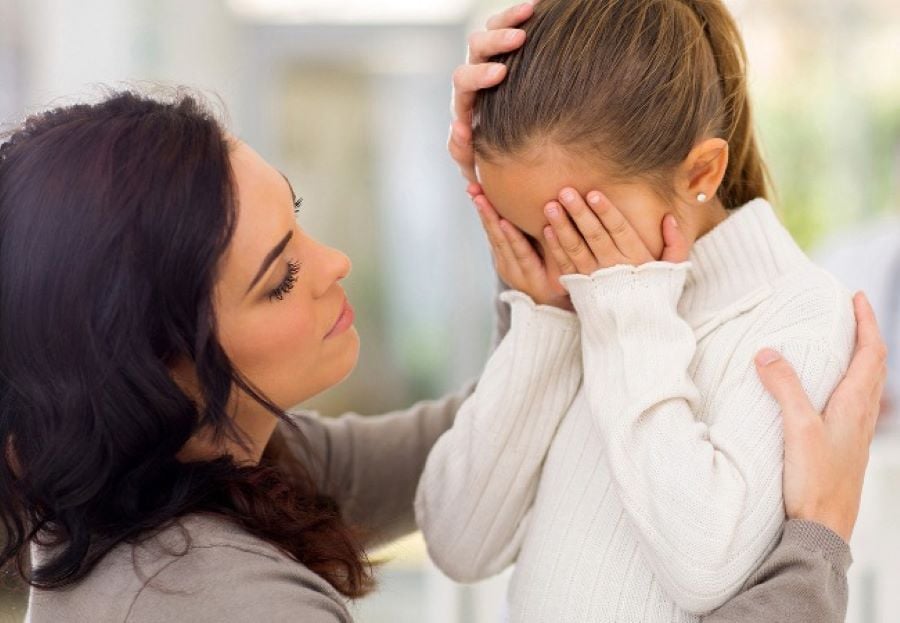 Source: bing.com
Source: bing.comBabies are born with a variety of skills, and emotional development is one of them. Many parents wonder when their baby’s emotional development begins, and the answer is that it starts from the very beginning. Babies come into this world with the ability to express emotions, and as they grow and develop, they learn to understand and regulate their emotions. In this blog post, we will explore the different stages of a baby’s emotional development and provide tips for parents to support their baby’s emotional growth.
Table of Contents
The First Year of Life
During the first year of life, babies are learning about the world around them and forming attachments to their caregivers. They communicate their needs through crying, facial expressions, and body language. As they interact with others, they learn to recognize emotions like happiness, sadness, and anger. By the end of their first year, babies start to show empathy for others and may even try to comfort someone who is upset.
Parents can support their baby’s emotional development during this stage by responding to their baby’s cues and providing a loving, nurturing environment. Consistency and predictability can help babies feel secure and build trust in their caregivers. Responding to a baby’s cries promptly helps them learn that their needs will be met, which can promote feelings of safety and comfort.
The Second Year of Life
As babies enter their second year of life, their emotional development continues to progress. They become more vocal and start to use words to express their feelings. They also begin to understand the concept of cause and effect, which can result in temper tantrums when they don’t get their way. Toddlers may also start to experience separation anxiety when away from their caregivers.
Parents can support their toddler’s emotional development by teaching them appropriate ways to express their feelings. Modeling healthy emotional expression and providing outlets for physical activity and creative expression can help toddlers learn to manage their emotions. Consistent routines and clear expectations can also help toddlers feel secure and reduce anxiety.
The Preschool Years
During the preschool years, children’s emotional development continues to progress as they develop a greater sense of self-awareness and social awareness. They become more independent and start to form friendships with other children. They may also start to experience a wider range of emotions, including jealousy and embarrassment.
Parents can support their preschooler’s emotional development by encouraging socialization and providing opportunities for creative play. Reading books and discussing emotions can also help children learn to identify and express their feelings. Setting clear boundaries and expectations can also help children feel secure and build self-confidence.
The School Years and Beyond
As children enter the school years and beyond, their emotional development continues to progress as they navigate more complex social situations and develop a greater understanding of their own identity. They may experience a range of emotions related to academic and social success, and may also start to form romantic relationships.
Parents can support their child’s emotional development during this stage by listening actively and providing a safe, nonjudgmental environment for their child to express their feelings. Encouraging self-reflection and problem-solving can also help children learn to manage their emotions and build resilience. Supporting their interests and hobbies can also help children build a sense of identity and self-worth.
Conclusion
Emotional development is a critical component of a child’s overall development, and it starts from the very beginning of life. By understanding the different stages of emotional development and providing a supportive environment, parents can help their children develop healthy emotional habits that will serve them well throughout their lives.
If you have any questions or concerns about your child’s emotional development, don’t hesitate to consult with your pediatrician or a mental health professional.
Frequently Asked Questions
Q: When do babies start to show emotions?
A: Babies are born with the ability to express emotions, but they may not start to show them until a few weeks after birth. By the end of their first year, babies start to show empathy for others and may even try to comfort someone who is upset.
Q: How can I support my baby’s emotional development?
A: Responding to your baby’s cues, providing a loving, nurturing environment, and promoting consistency and predictability can help support your baby’s emotional development.
Q: How can I help my toddler manage their emotions?
A: Teaching appropriate ways to express emotions, modeling healthy emotional expression, and providing outlets for physical activity and creative expression can help toddlers learn to manage their emotions.
Q: What can I do to support my child’s emotional development during the school years?
A: Listening actively, providing a safe, nonjudgmental environment, and encouraging self-reflection and problem-solving can help children manage their emotions and build resilience during the school years.
Q: When should I seek professional help for my child’s emotional development?
A: If you have any concerns about your child’s emotional development, don’t hesitate to consult with your pediatrician or a mental health professional.
